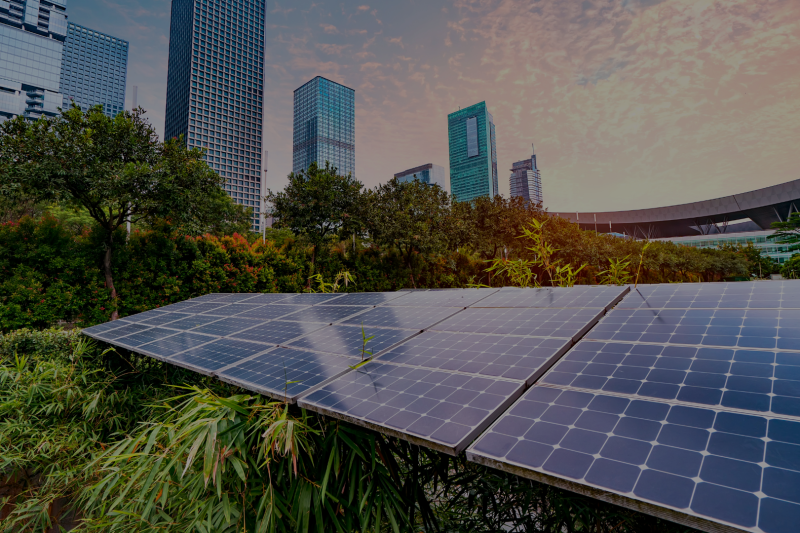The path to net zero
In 2021, the UK Government unveiled its Net Zero Strategy, a comprehensive plan to decarbonise the entire UK economy by 2050. Central to this strategy is the belief that a “clean, reliable power system” is essential for a productive net-zero economy. While there might be some challenges, this ambitious goal is achievable, regardless of any political changes in the future. By committing to the efforts that establish this power system, the UK can create a “clean, reliable power system”, which is a vital building block for achieving the UK’s collective goal of reaching net zero.
Pioneering Sustainable Solutions
For over ten years, Project Solar has been at the forefront of promoting solar panel adoption among homeowners, businesses and developers. By advocating for eco-friendly solutions, they aim to combat the climate crisis. Their commitment is reinforced through regular surveys to gauge public opinion on renewable energy, which provides invaluable insights into consumer attitudes.
For example, a recent survey conducted by Project Solar revealed that a significant 70% of the UK public agrees that it should be mandatory for new build properties to have solar panels. This aligns with the Government’s Future Homes Standard (FHS), set to take effect in 2025, which orders new homes to incorporate low-carbon heating and world-leading energy efficiency. Although the exact implementation details are still a work in progress, the policy underscores the priority of energy-efficient new builds.
The widespread installation of solar panels on new properties could inspire the 42% of their survey participants who “planned to install solar panels within the next five years”.
Rising interest in solar energy
With research conducted through Google search trends, Project Solar could infer that there’s a growing interest in people who want to invest in solar energy. Between March 2020 and May 2024, searches for “are solar panels worth it” surged by 300%, indicating that consumers are actively seeking information about the benefits of renewable energy.
Overcoming educational barriers
Despite strong political support and positive consumer sentiment acting as a catalyst to reach the collective net-zero goal, several misconceptions about solar energy persist and must be addressed.
For instance, in a recent survey, Project Solar found that over 20% of their respondents mistakenly believe that solar power can only be generated during summer. To tackle these misunderstandings, they regularly repeat survey questions to track changes in public perception. Alarmingly, the belief that solar energy can only be stored in desert-like conditions increased from 21% in 2021 to 37% in their last survey.
CEO of the Microgeneration Certification Scheme, Ian Rippin, highlighted the challenges in educating consumers about the initial investment required for solar panel installation. Overcoming these educational hurdles is vital for the renewable energy sector to lead a speedy transition to a “clean, reliable power system” and achieve net zero targets.
After analysing their survey results, Project Solar concluded that whilst consumers have great intentions of turning to renewable energy, it’s complicated to convert millions of people to alter the habits they already have. Despite this, there’s been a massive improvement since 2009 as more than 1.5 million MCS-certified solar PV installations on homes and businesses have been made, according to MCS’ data dashboard.
Progress and prospects
A report published in May by the International Energy Agency noted that as of 2024, 25 million households across the world rely on solar PV for their energy needs. The UK, with 570,000 households using solar panels, accounts for about 2.3% of global domestic solar installations. While this may seem insignificant, it showcases the UK’s weighty contribution to the global shift towards renewable energy.
While the UK has made impressive strides, there is always room for improvement. Persistent misconceptions about solar and other renewable energies need to be addressed, especially because of the net zero urgency and the impacts of climate change. With the introduction of FHS and non-negotiable green policies, political backing is fundamental for maintaining this momentum.
Conclusion
In conclusion, it is essential to continue preserving the progress made so far in order to lead the way to a sustainable future. Whether by correcting misconceptions or leveraging positive public sentiment, industry leaders must take charge to ensure the UK stays on course towards a sustainable future. The commitment of leaders in the renewable energy sector is critical in guiding the nation towards a brighter, greener tomorrow.

